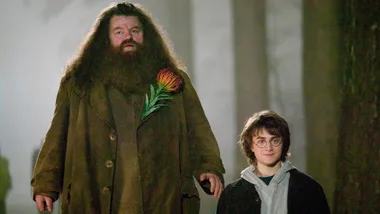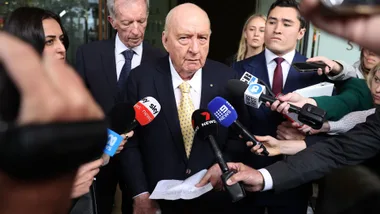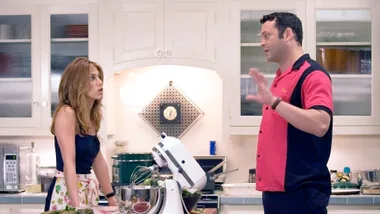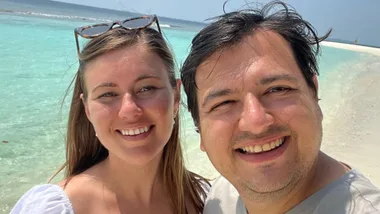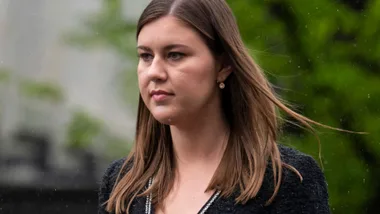Camilla Freeman-Topper and Marc Freeman, of their namesake brand Camilla and Marc, have launched their fourth consecutive campaign in aid of ovarian cancer detection.
The brother-sister duo were just 13 and 11 when they lost their own mother, Pam, to the insidious disease, which claims the lives of three Australian women every day.
In the nearly thirty years that have passed since their own profound loss, the outlook for women diagnosed with the deadly disease has scarcely improved.
Now, they’re on a mission to change these statistics.
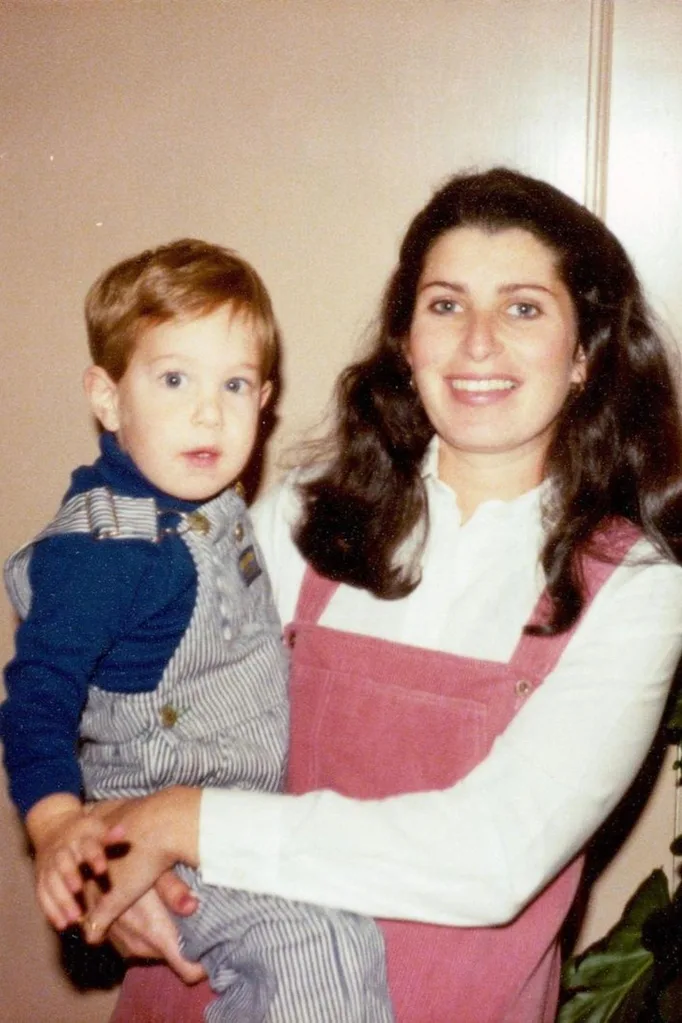
“My mother unfortunately faced the worst possible outcome from her battle with ovarian cancer. It shouldn’t have been that way. If there was more attention to funding towards this disease 30 years ago, she might still be with us today,” Camilla told us.
In 2020, Camilla and Marc launched the inaugural Ovaries. Talk About Them campaign to raise money towards an early detection test for ovarian cancer.
Since then, the campaign has raised over $1 million, with all proceeds going directly to Professor Caroline Ford and UNSW’s Ovarian Cancer Research Group.
The partnership, which is the only one of its kind to dedicate funding and resources to this particular science, is now even closer to reaching their goal of an early detection test for ovarian cancer. Clinical trials are set to begin by 2026 and, if successful, would see ovarian cancer of any stage able to be detected via a routine blood test. And with over 75% of ovarian cancers diagnosed in the late stage, this represents the potential to save the lives of millions of women worldwide.
Now in the campaign’s fourth year, Camilla and Marc is sharing the deeply personal stories of four Australian families whose lives have been forever changed by this devastating disease, via a series of documentary-style films.
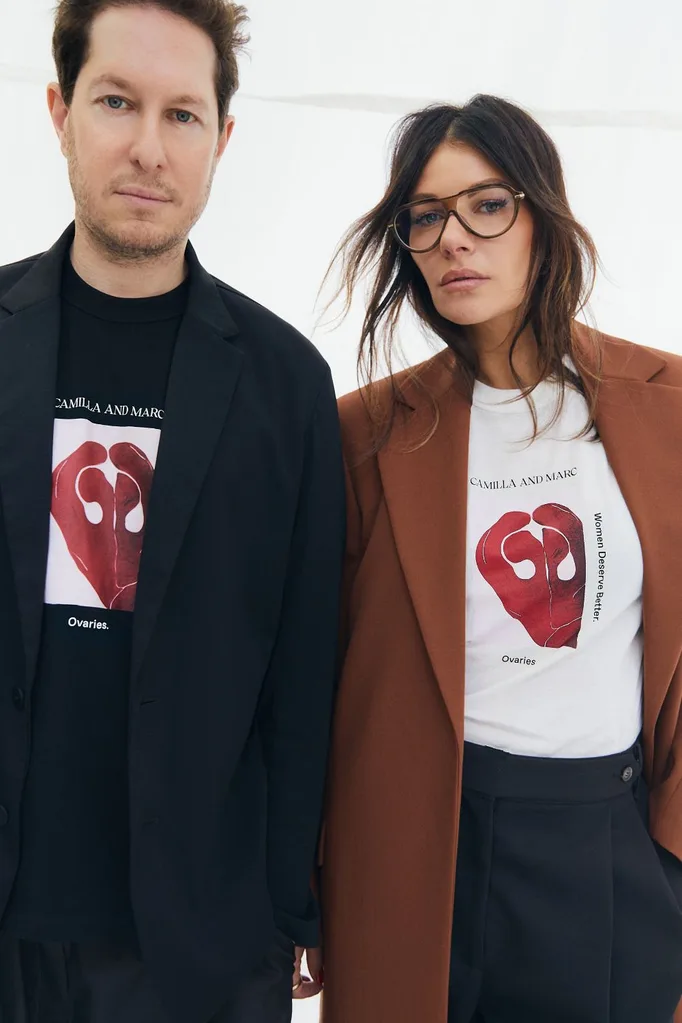
Caitlin Delany
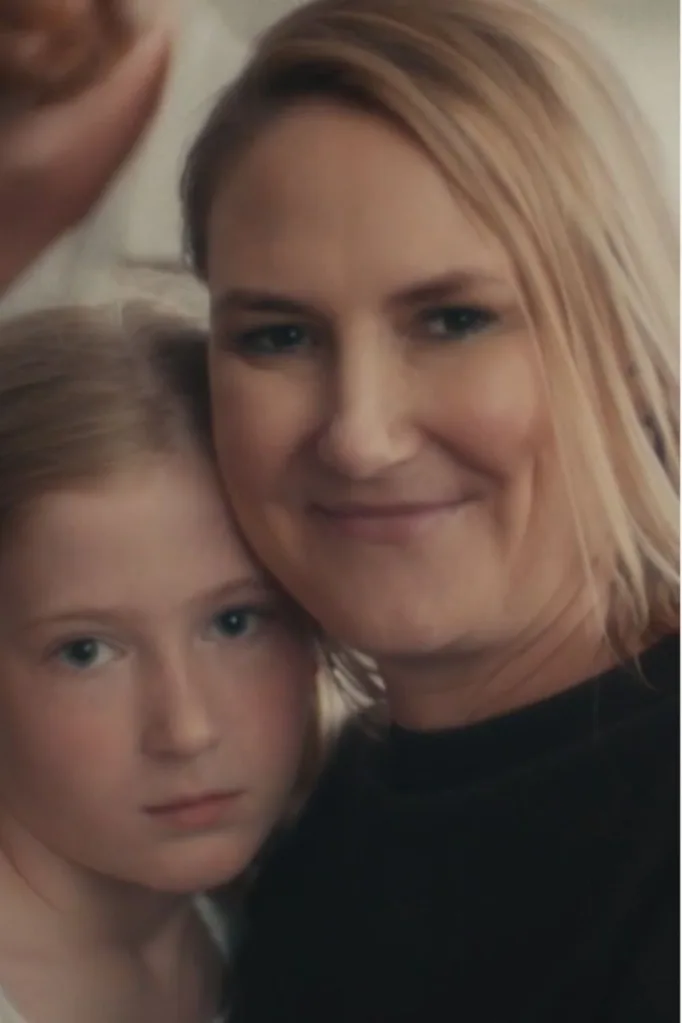
Caitlin Delaney, 45, was diagnosed with stage four clear cell ovarian cancer at 39, when her daughters were just two and four. Now, she is faced with the possibility that she might not be there to see her children grow up.
Alisi Jack Kaufusi
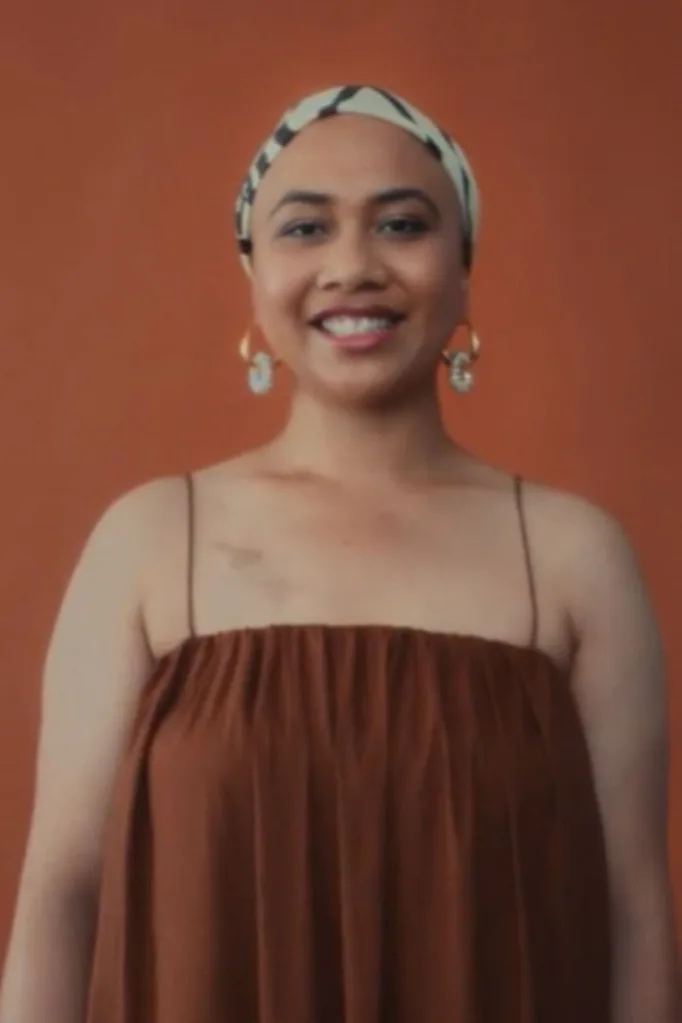
Alisi Jack Kaufusi was diagnosed with ovarian cancer when she was 24. Now 30, she received the news that her cancer was terminal in late 2022.
Karin Baulmer
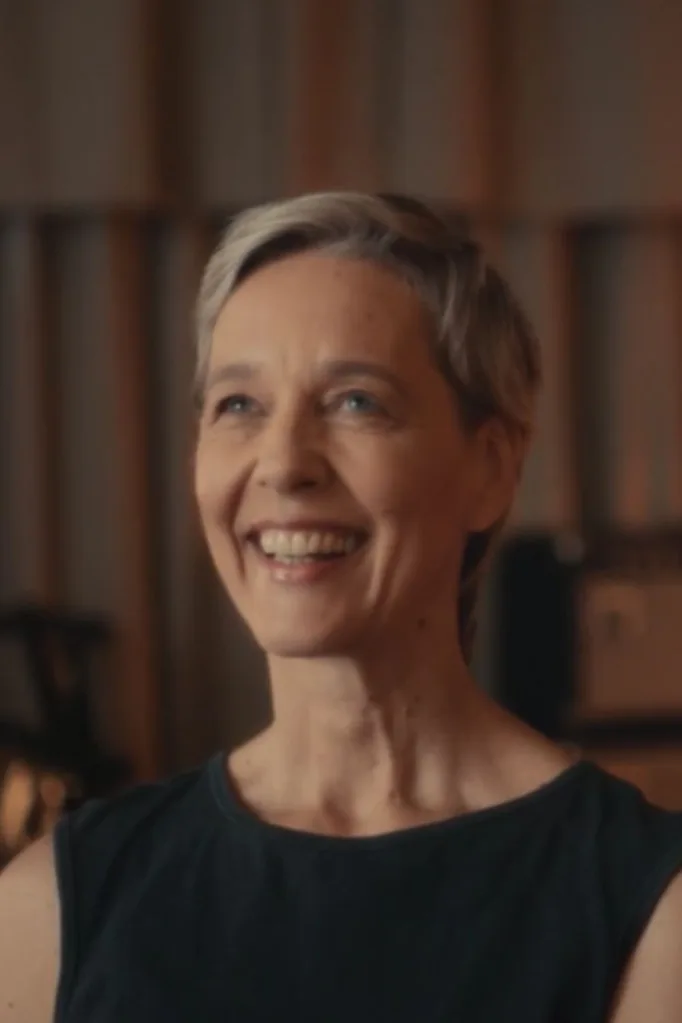
Karin Baulmer had every test available to her, but was still unable to detect her ovarian cancer in the early stages. Nine months after her first symptoms occurred, doctors found a seven centimetre, stage four tumour in her ovaries.
Sophie Fawns
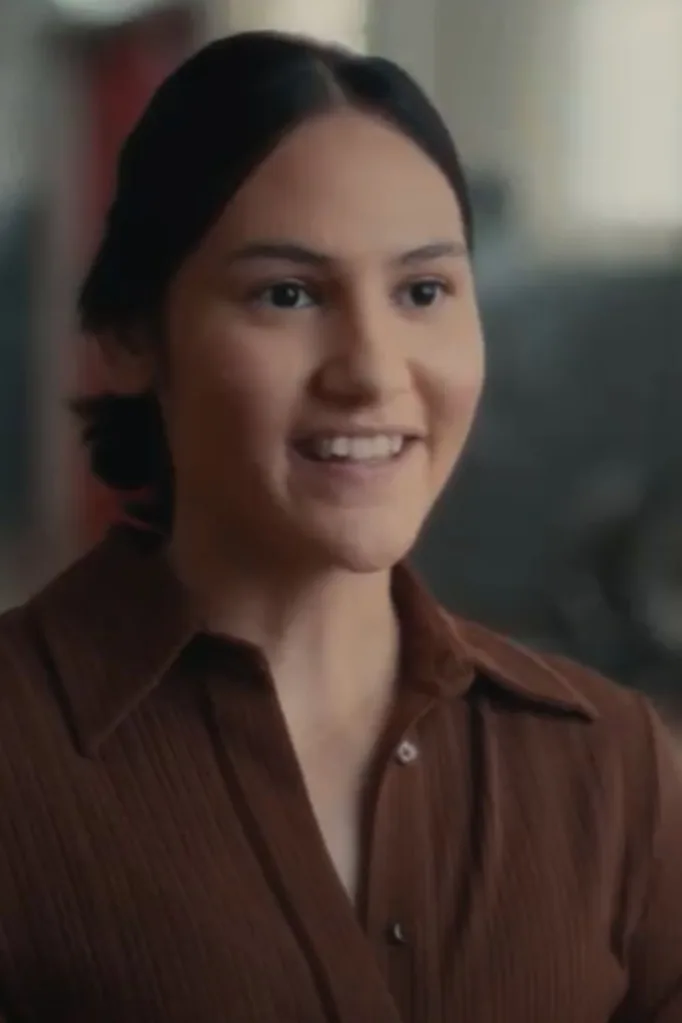
Sophie Fawns, 19, lost her mum, Maureen, to cancer in November 2021, after a routine procedure detected a single cancer cell. Despite having precautionary chemotherapy, the cancer spread and Maureen fell victim to the disease, leaving behind four daughters and a loving husband.
In sharing these stories, the campaign aims to highlight the historic minimisation of women’s health issues, giving a global platform to the subtle signs of ovarian cancer that are so often normalised or dismissed.
“Years of chronic underfunding for research into this disease has meant that today there is no way of detecting ovarian cancer in its critical stages, and because women are diagnosed so late, the survival rates are low, meaning limited women survive to advocate for change,” Camilla explained.
“Early detection will be the closest thing to a cure, because if detected in the early stages, the cancer can often be cut out and the chances of survival increases.”
How Can You Support The Ovaries. Talk About Them Campaign?
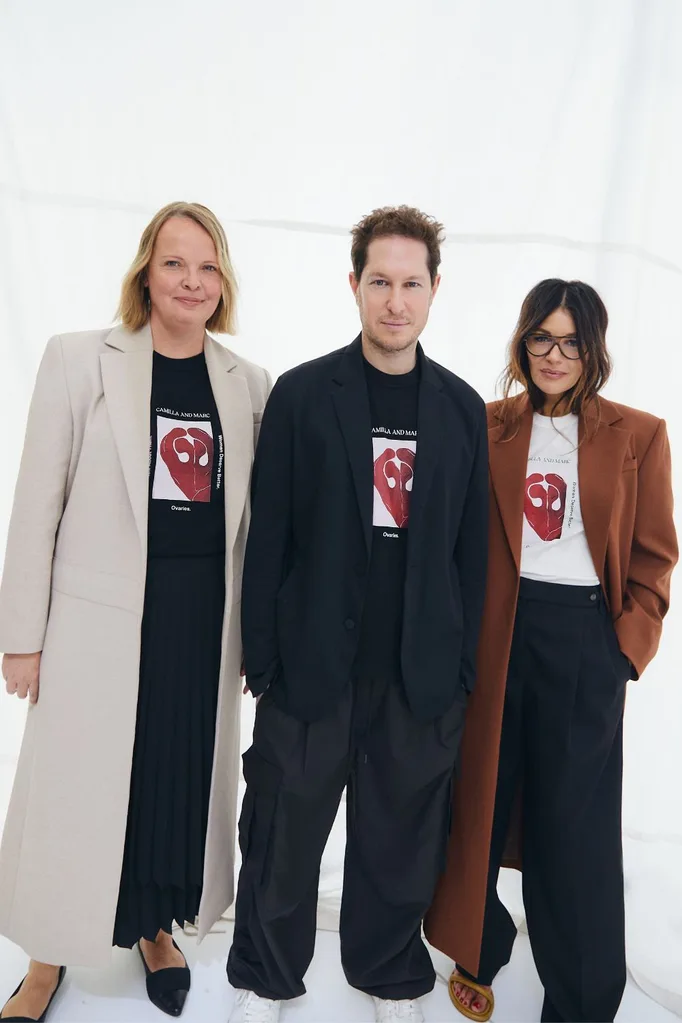
As part of the 2023 Ovaries. Talk About Them campaign, Camilla and Marc has released a limited-edition T-shirt designed in collaboration with artist Alba Hodsoll, featuring an abstract interpretation of a woman’s anatomy. All profits generated from this collection will be donated to the UNSW Ovarian Cancer Research Group.
You can shop the unisex T-shirts and sweaters, as well as a children’s T-shirt, here.


